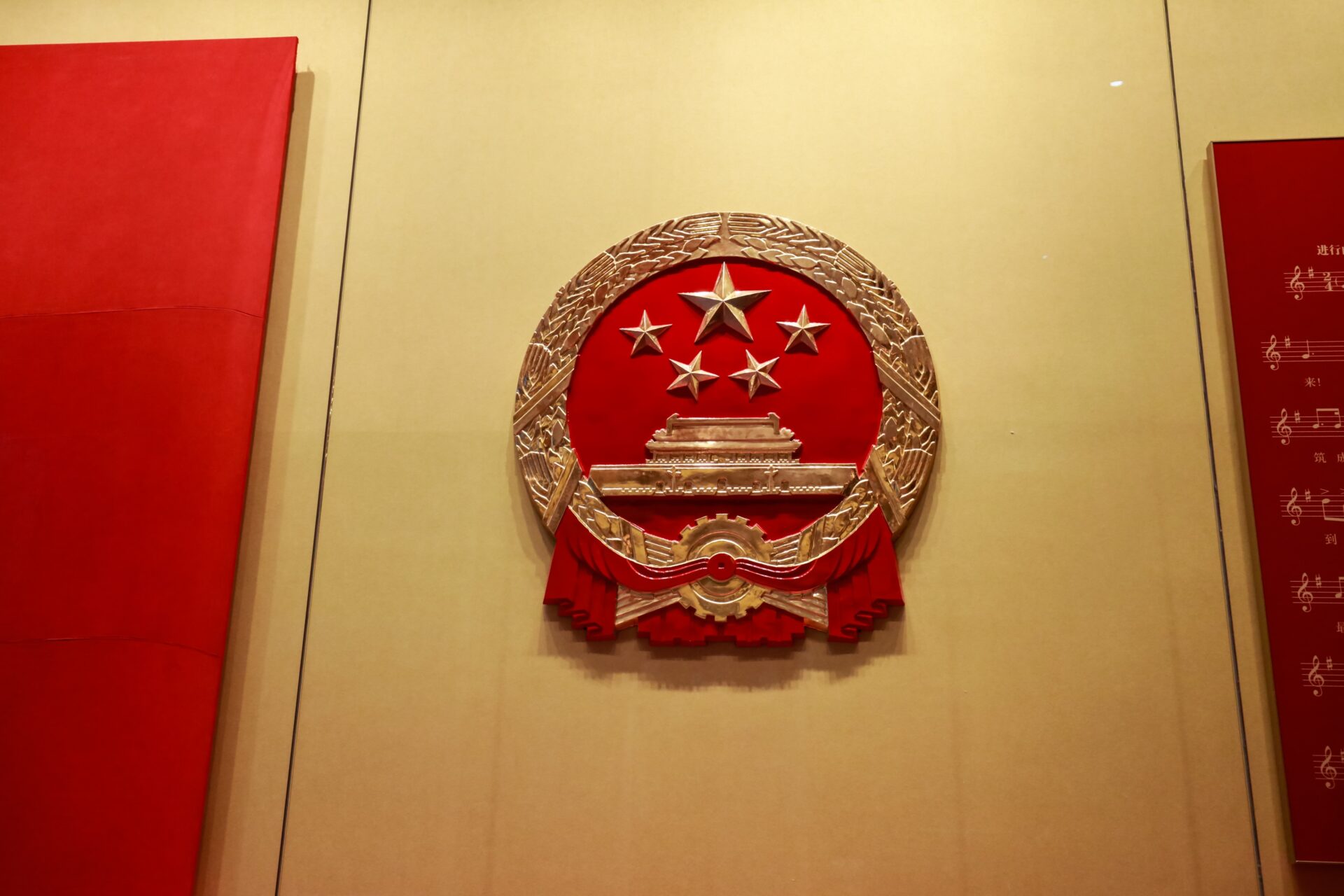
Western Executives Report Increased Scrutiny in China
In early to mid-2025, Western business leaders visiting China encountered a changed operational environment, characterized by heightened state oversight and regulatory adjustments. These observations have led to a reevaluation of business strategies in the region.
Story Highlights
- Executives have reported increased surveillance and restrictions on movement within China.
- The Chinese government has intensified control over foreign businesses through new national security laws and evolving regulatory frameworks.
- Major corporations are assessing their presence in China, with some adjusting investment strategies and enhancing security measures for personnel.
- This shift indicates a change in Western corporate perspectives, with potential long-term implications for global supply chains and economic planning.
Executives Detail Heightened Surveillance and Operational Changes in China
During visits to China in early to mid-2025, Western business leaders observed a notable shift in the operating environment. Reports indicate increased state surveillance, restricted movement, and communications from Chinese officials that have prompted concerns regarding business operations and personnel safety. These accounts suggest an atmosphere that has influenced foreign nationals’ perceptions of trust and security.
Western executives who visit China are coming back terrified.
“We are in a global competition with China, and it’s not just EVs. And if we lose this, we do not have a future at Ford.”https://t.co/WkekIcHaFH pic.twitter.com/GUzp4etEzZ
— Julien B. (@bneiluj) October 13, 2025
Historical Context: Evolving Business Landscape for Western Companies
For decades, American and European companies viewed China as a significant market, adapting to local regulations and political conditions. Since the late 2010s, the Chinese government has progressively increased regulatory oversight, implemented strict data localization requirements, and expanded national security laws impacting foreign entities. A notable development occurred in 2023 with the expansion of China’s anti-espionage law, which has introduced additional considerations for foreign nationals and companies. The current economic climate in China, alongside a focus on security and political control, has contributed to an environment of unpredictable regulatory risks for Western firms.
Corporate Responses: Strategic Adjustments and Reevaluation
Leading corporations across the automotive, finance, and technology sectors, including Ford and Volkswagen, have reportedly begun to modify their engagement with China or pause new investments. Executives are now emphasizing comprehensive risk assessments and contingency planning for staff in China. Ford’s CEO described the experience as “the most humbling thing I’ve ever seen,” highlighting the scope of state control and its impact on Western business sentiment. Consulting and due diligence industries are also facing increased scrutiny, with reports of raids and expulsions. This represents a strategic adjustment, as many companies are reassessing China’s role in global supply chains and exploring diversification into other Asian markets.
Broader Implications: Trust, Supply Chains, and Policy Considerations
The experiences of Western executives suggest a turning point in corporate approaches to China. In the short term, this has resulted in a reduction of new investments and enhanced security protocols for personnel in China. Insurance and legal costs have also reportedly increased due to potential regulatory actions. Long-term implications may include the potential reconfiguring of Western supply chains away from China, a shift in trust between business communities, and increased political attention on U.S. officials to safeguard American interests abroad. The technology, automotive, and finance sectors are particularly affected, with consulting industries facing potential market exclusion. Continued trends could lead to global supply chain adjustments.
Perspectives: A Shifting Paradigm in Western Engagement with China
Industry analysts and scholars generally concur that the current situation signifies a “paradigm shift” in Western corporate engagement with China. For many sectors, the perceived risks associated with operating in China are prompting companies to adapt their strategies. China’s security-focused approach has influenced its appeal as a business destination and increased economic and political considerations. Some advocate for a more cautious approach, citing national security and ethical concerns related to detentions and regulatory actions. Others emphasize the need for adaptation, acknowledging the evolving balance of power favoring the Chinese state. The consensus among sources suggests that American and Western companies are reevaluating their strategies to protect personnel, investments, and foundational values.
Sources:
Why Western executives who visit China are coming back terrified – The Telegraph
Western executives who visit China are coming back terrified – Centre for European Reform
Tune Out the Market Noise: Western executives who visit China are coming back terrified – Stansberry Research
Western executives who visit China are coming back terrified – Hacker News


